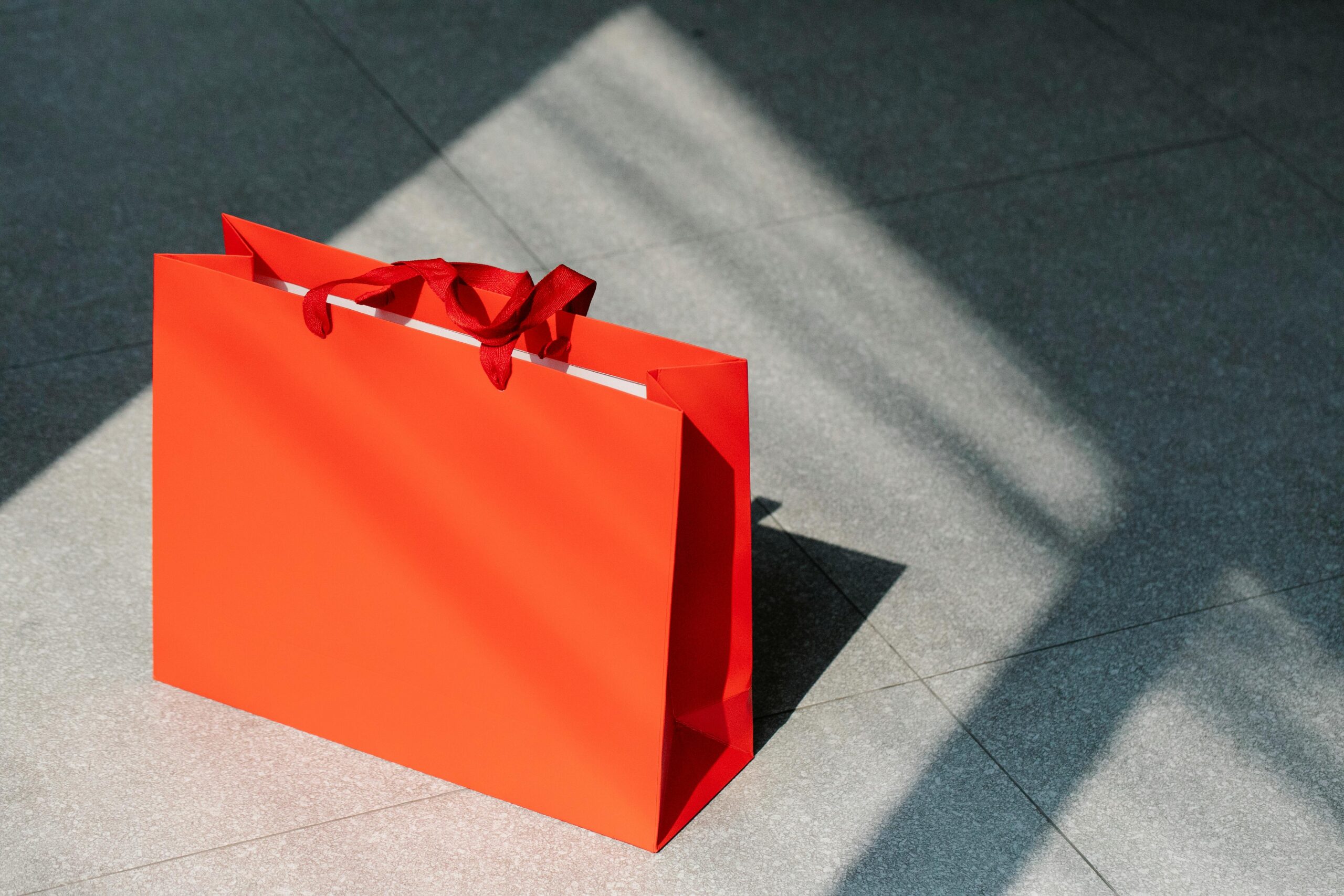Ever feel like your life is overflowing with things—objects, notifications, to-do lists—all competing for your attention? It’s like every corner of your world is filled with noise, and instead of feeling fulfilled, you’re just exhausted. You’re not alone. A lot of us are starting to realise that more doesn’t necessarily mean better, and that happiness isn’t hiding in the next thing we buy or collect. Sometimes, the answer is having less.
Minimalism isn’t about living in stark, empty spaces or giving up everything you own. It’s about choosing with intention, holding on to what matters, and letting go of what doesn’t. It’s discovering that the less you carry, the lighter and freer you feel. And in a society that keeps shouting at us to do more, be more, and own more, there’s something incredibly peaceful about choosing less.
The Emotional Weight of “Stuff”
We often hear the phrase “retail therapy” when referring to the temporary boost of buying something new. However, the joy of that purchase is fleeting, and what’s left behind is just another item to store, maintain, and eventually discard. Over time, the accumulation of things we don’t truly need can take a psychological toll.
The more possessions we own, the more we find ourselves entangled in the responsibility of managing them. It could be the constant need to organise or the silent stress of overcrowded spaces. Too many belongings can leave us feeling overwhelmed.
Minimalism asks us to confront the emotional baggage that comes with excess. When we focus on what truly serves a purpose or sparks joy, we let go of the burden of maintaining things that don’t add value to our lives. In doing so, we create emotional space for peace and clarity.
Finding Joy in Simplicity
Simplicity is more than just a visual aesthetic. Minimalism teaches us to look beyond the desire for more and focus on what brings authentic joy and fulfillment. Consider this: how many of your possessions truly enrich your life? How many sit unused, taking up space because of some passing trend or impulse buy? When you begin to embrace simplicity, you make room for the things that genuinely matter—experiences, relationships, personal growth.
Minimalism doesn’t suggest that you get rid of everything, but that you make conscious decisions about what you let into your life. By paring down to only the essentials, you find that less can indeed be more. Fewer items often mean less distraction, less stress, and more room to appreciate the things you love. Simplicity offers a way to enjoy life more fully, focusing on experiences and meaningful connections rather than being tethered to material goods.
The Illusion of Happiness
Consumerism thrives on the promise that happiness can be bought. We’re sold the idea that the next big purchase—a new phone, a bigger house, a better car—will finally fill the void we feel. But the satisfaction is temporary, and before long, we’re chasing the next thing.
This cycle is a trap, and it keeps us disconnected from the true sources of happiness: community, creativity, connection, and self-awareness. Minimalism encourages us to stop chasing and start living. It suggests that happiness isn’t found in acquiring more but in appreciating what we already have. It’s about shifting our focus from material wealth to inner richness.
When we let go of the belief that possessions equal happiness, we open ourselves up to a new way of being—one where contentment comes from within, not from the outside world.
Creating Space for What Matters
When we clear the physical and mental clutter, we create room for what truly matters. It is not a sacrifice but a liberation. It reminds us that, sometimes, the most profound richness comes not from what we possess, but from the space we create in our lives by letting go.
So, next time you feel overwhelmed by the noise of consumerism, remember that sometimes, less really is more. By letting go of the excess, you might just find that what you need is already within reach. In the quiet spaces left behind, you might discover a richer, more fulfilling life waiting for you.











